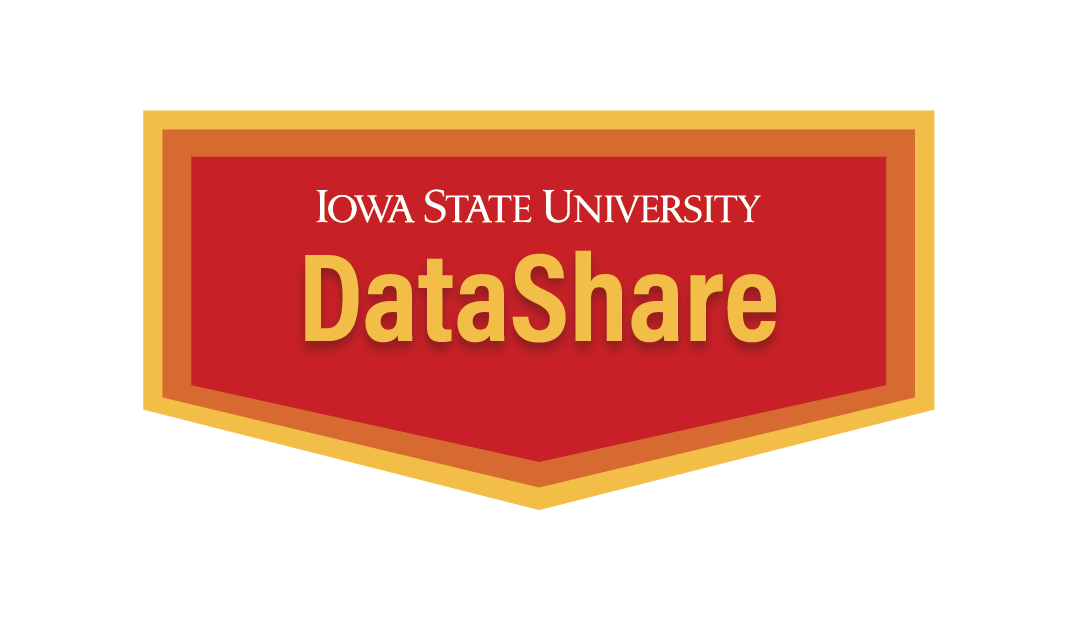Planning and data sharing may not seem like a good pair of topics at first glance. However, choices made at the start of research can complicate or prevent data sharing so it is best to work out your plans for data sharing before the research starts, at the planning stage.
Plan
Planning for your data is an essential step. Data management and sharing (DMS) plans articulate and track information such as data size, variety, security, storage, and sharing. A good plan can help you allocate resources for efficiency and success as well as funder compliance. Well managed also data requires less time and preparation to share.

